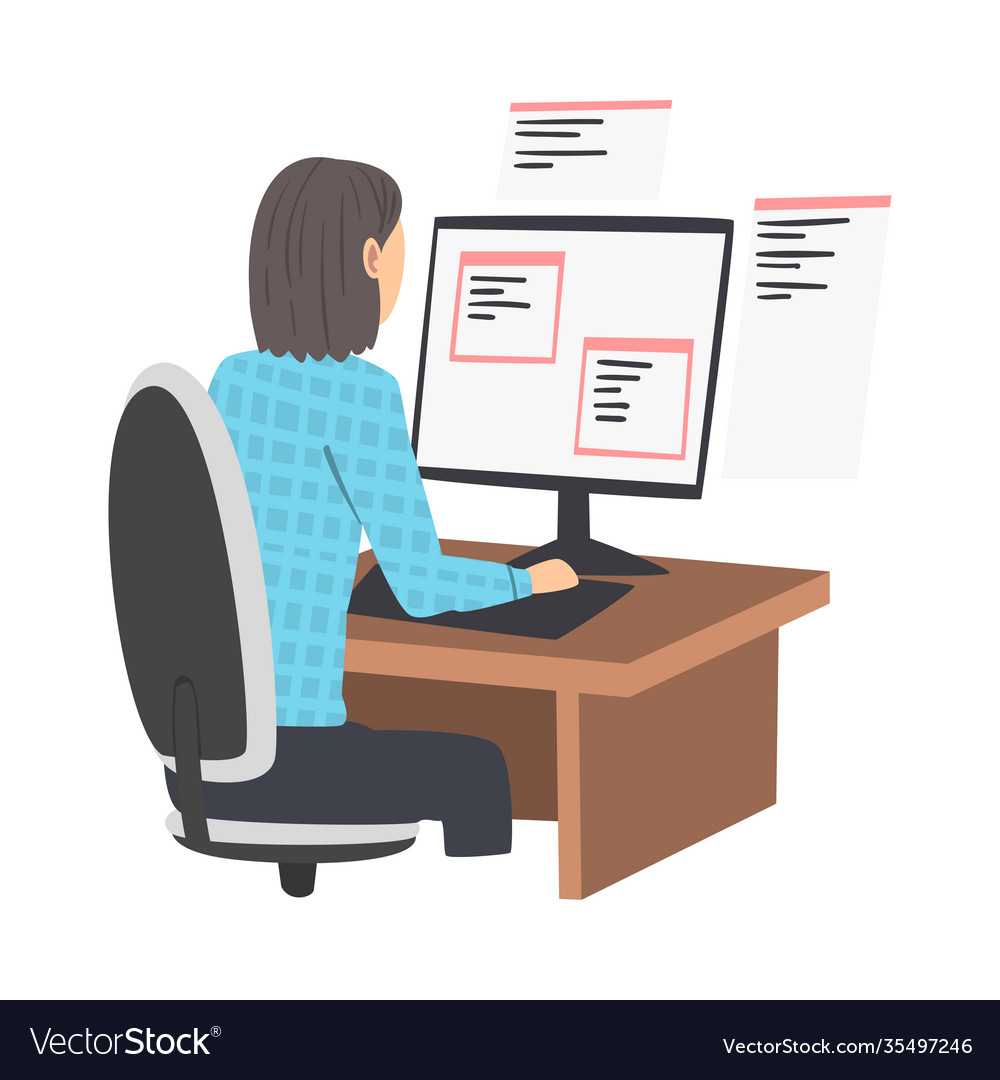Simplify Your Projects with Efficient Software Development Staff Augmentation
Simplify Your Projects with Efficient Software Development Staff Augmentation
Blog Article
Devoted Developers vs. In-House Teams: Which Is Right for You?
The choice in between making use of specialized programmers and preserving an in-house team is a significant one that can impact the trajectory of your projects and general organization strategy. On the other hand, in-house groups contribute to a natural firm culture and a nuanced understanding of long-term goals.
Understanding Devoted Developers
The growing demand for specialized abilities in the technology industry has led to the development of specialized designers as a sensible remedy for many organizations. These professionals are normally gotten on a project basis, permitting companies to leverage particular competence without the long-term commitment connected with full time hires. Committed programmers are commonly embedded within a customer's team, offering versatility and scalability to meet task needs.
This design enables companies to access a global ability swimming pool, which is especially useful in a rapidly developing technological landscape. Devoted developers can be sourced from different geographical places, ensuring that companies can find the appropriate capability at affordable rates. They commonly bring a wide range of experience and knowledge, having worked with diverse tasks throughout different sectors.
Furthermore, specialized developers can concentrate exclusively on the jobs at hand, boosting efficiency and performance. They are equipped to integrate perfectly right into existing workflows, collaborating carefully with internal groups to attain job goals. This technique not only reduces the concern of employment and training however additionally permits organizations to continue to be dexterous, adapting quickly to changing market needs and technological improvements.
Benefits of In-House Teams

Moreover, internal groups have a tendency to have a deeper understanding of the firm's mission, values, and goals. This positioning can enhance worker involvement and motivation, as staff member feel much more linked to their job and the company's success. In addition, having a devoted in-house team permits for much better placement of techniques and goals, as these participants are continually focused on the firm's concerns.
In-house teams likewise assist in quicker decision-making procedures, as they can react extra rapidly to difficulties and adjustments. The well established connections and familiarity with firm procedures enable streamlined operations and lowered miscommunication. Eventually, the mix of a cohesive society, placement with business goals, and reliable interaction makes internal groups an important property for lots of organizations, particularly those seeking to cultivate long-lasting development and innovation.
Cost Factors To Consider
When reviewing cost factors to consider, both specialized programmers and internal groups present distinctive financial implications for organizations. Involving committed designers commonly involves a pay-per-project or per hour price version, which can be cost-efficient for services with fluctuating job demands. This method permits flexibility in scaling sources up or down, ensuring that business just spend for the services they require.
In contrast, internal groups entail repaired expenses, including incomes, benefits, and overhead expenses such as office and devices. While this model offers higher control and prompt availability of sources, it may result in higher lasting expenditures, especially if the work does not validate a permanent team.
Additionally, companies must consider the covert expenses connected with employment and training of in-house workers, which can better strain budgets. Sometimes, the moment and sources invested on managing an internal group can take away from the Visit This Link organization's core company objectives.

Project Monitoring and Versatility
Job administration and flexibility are critical elements that affect the choice between committed developers and in-house teams. Committed programmers normally offer a high degree of versatility, enabling companies to range sources up or down based on project needs. This dexterity can be especially useful for services experiencing fluctuating workloads or those looking for to introduce swiftly. Committed teams often have actually developed processes for handling tasks successfully, leveraging details approaches like Agile or Scrum, which facilitate repetitive development and adaptability.

Inevitably, the choice between dedicated programmers and in-house teams pivots on the wanted degree of flexibility and the details project monitoring demands. Companies need to evaluate their operational characteristics, job intricacy, and source schedule to figure out which option lines up finest with their tactical purposes.
Making the Right Choice
Picking the best development technique-- committed developers or internal groups-- requires a cautious evaluation of different variables that line up with a firm's strategic goals. Alternatively, internal groups can give much better connection and integration with existing personnel.
Next, review your budget. Dedicated developers typically provide a cost-effective solution for temporary projects, while in-house teams may sustain greater lasting expenses due to incomes, benefits, and expenses expenses. Examine the degree of control and collaboration preferred; internal teams normally cultivate stronger interaction and positioning with firm culture.
If instant outcomes are necessary, committed developers can be onboarded rapidly, whereas constructing an in-house team takes time for employment and training. If constant development is vital, spending in an in-house group might generate far better returns over time.
Final Thought
In final thought, the choice between internal teams and specialized designers hinges on project requirements and organizational purposes. On the other hand, in-house teams grow a natural culture and much deeper positioning with lasting objectives.
The decision between using specialized designers and keeping an in-house team is a substantial one that can affect the trajectory of your projects and overall company strategy.Project administration and adaptability are crucial aspects that influence the choice in between internal why not look here groups and devoted developers. offshore software development.In contrast, internal teams might excel in preserving a regular task management structure due to their familiarity with the company's culture and long-term goals. Committed programmers typically provide an affordable option for temporary jobs, while in-house teams might sustain higher long-lasting expenses due to incomes, benefits, and expenses prices.In conclusion, the decision in between dedicated developers and in-house groups hinges on project demands and organizational objectives
Report this page